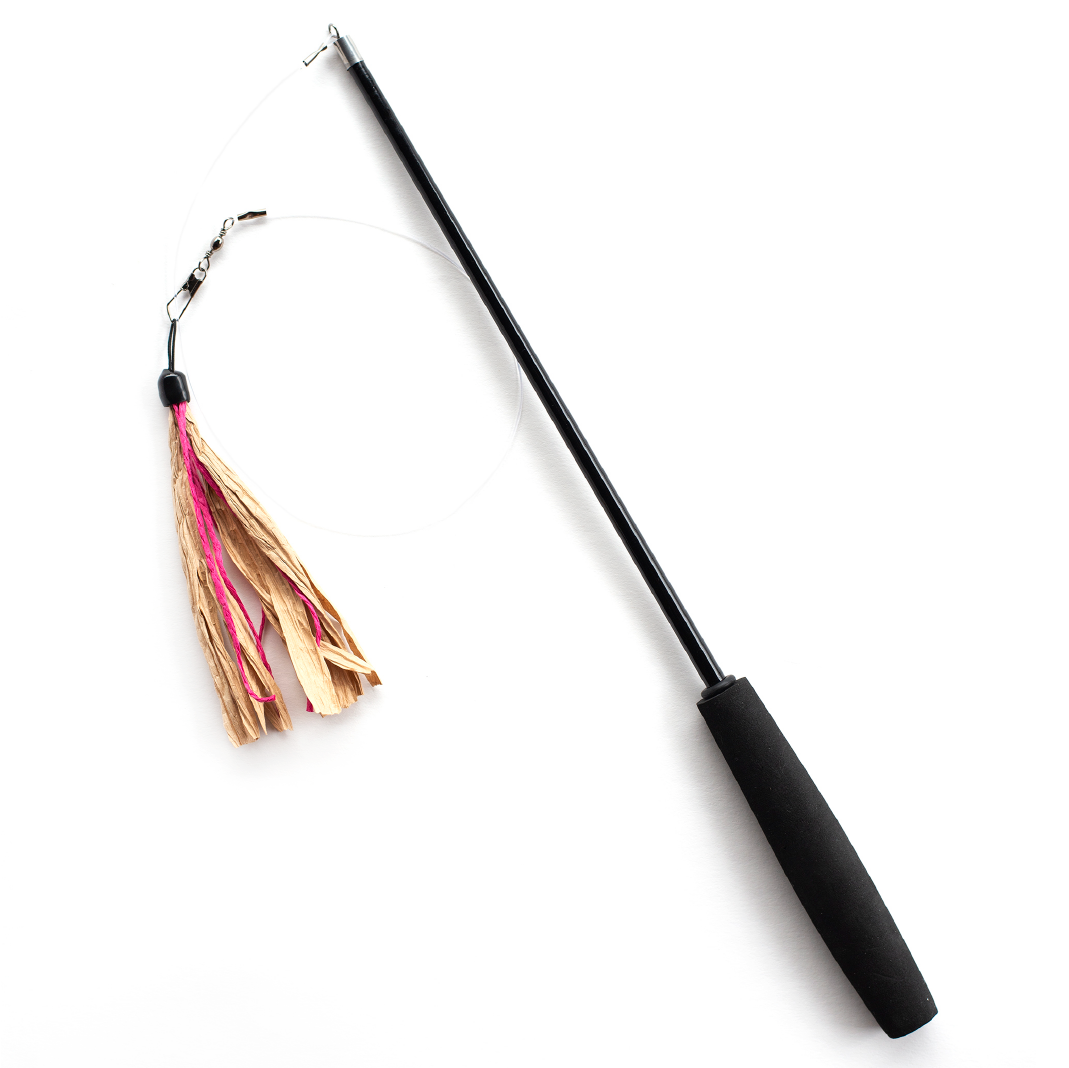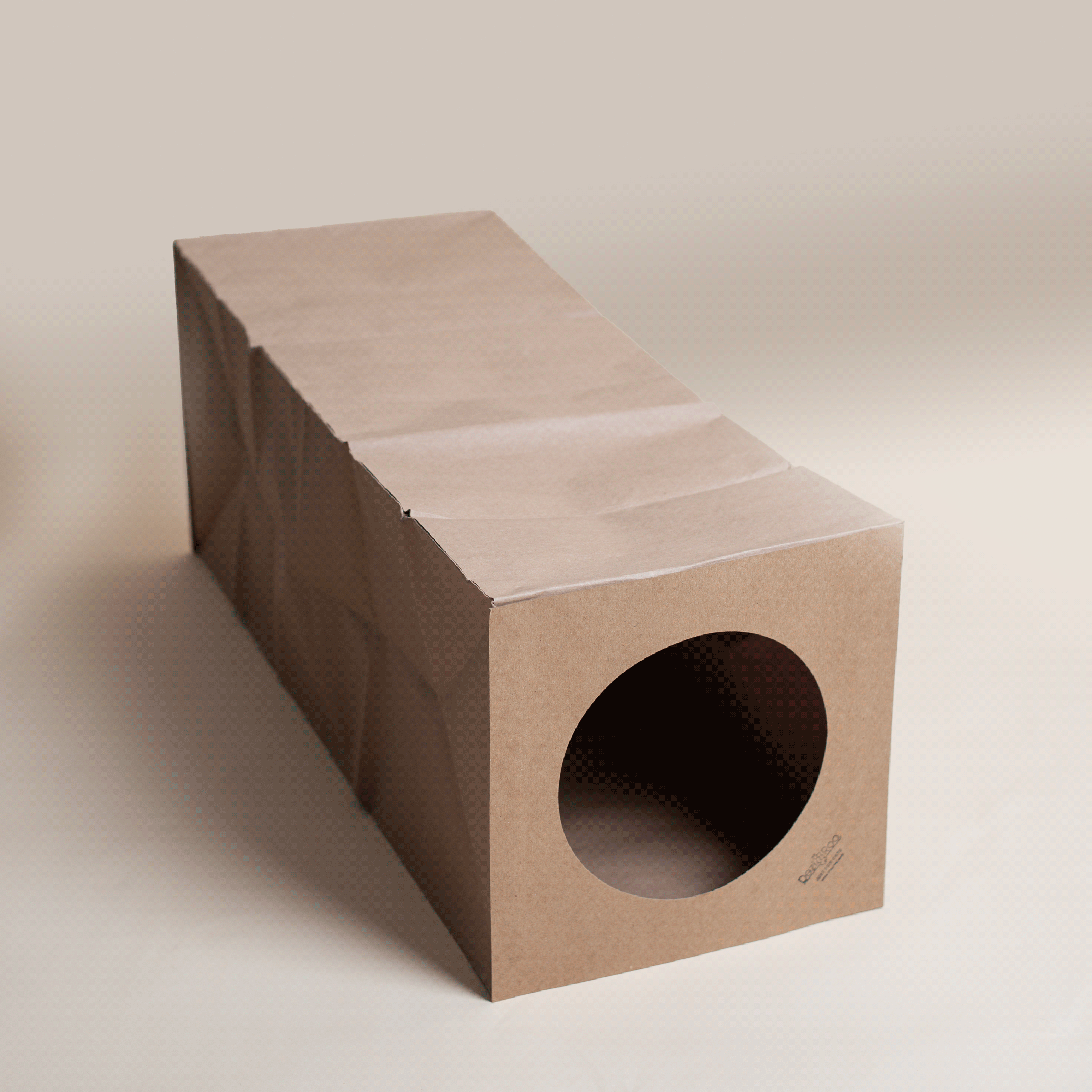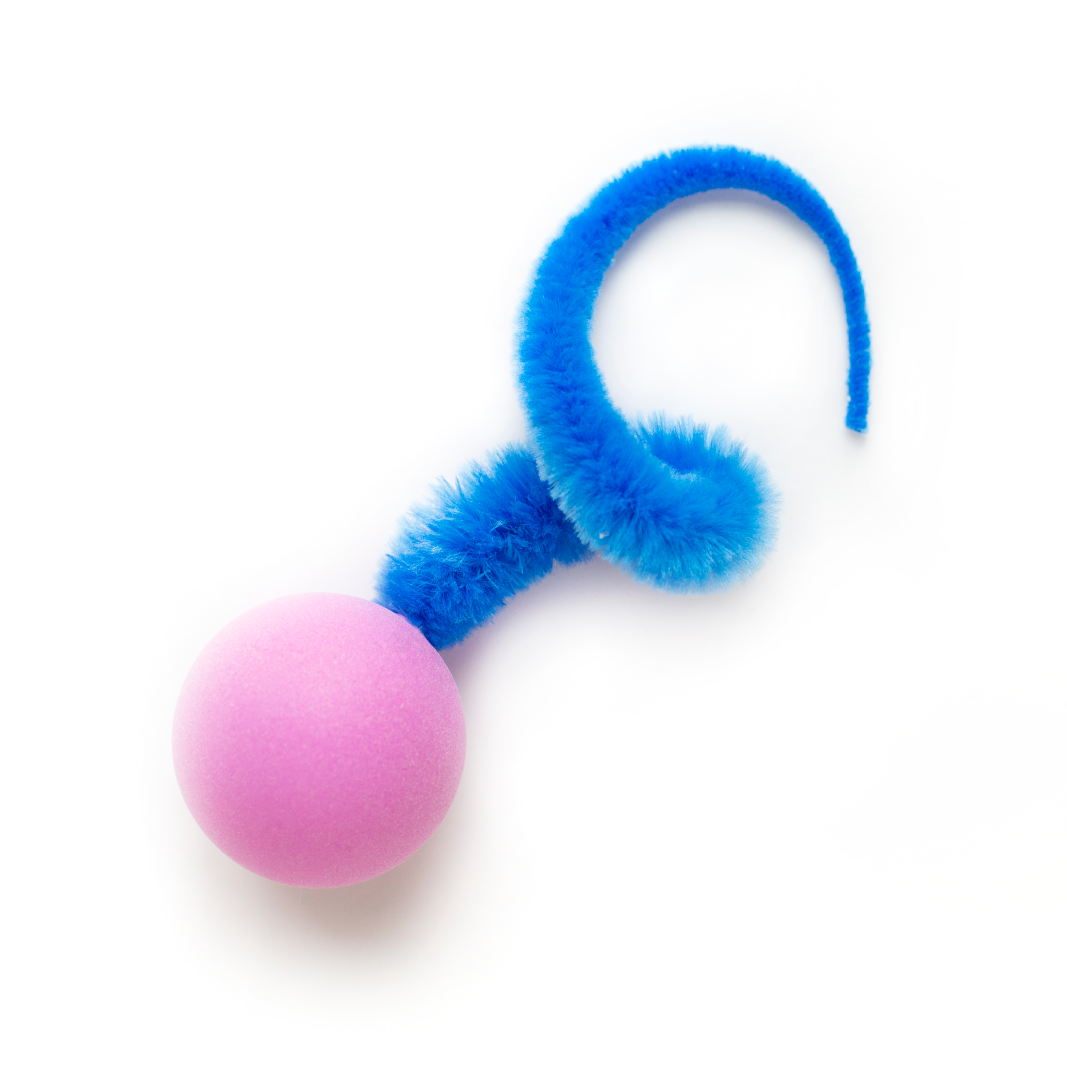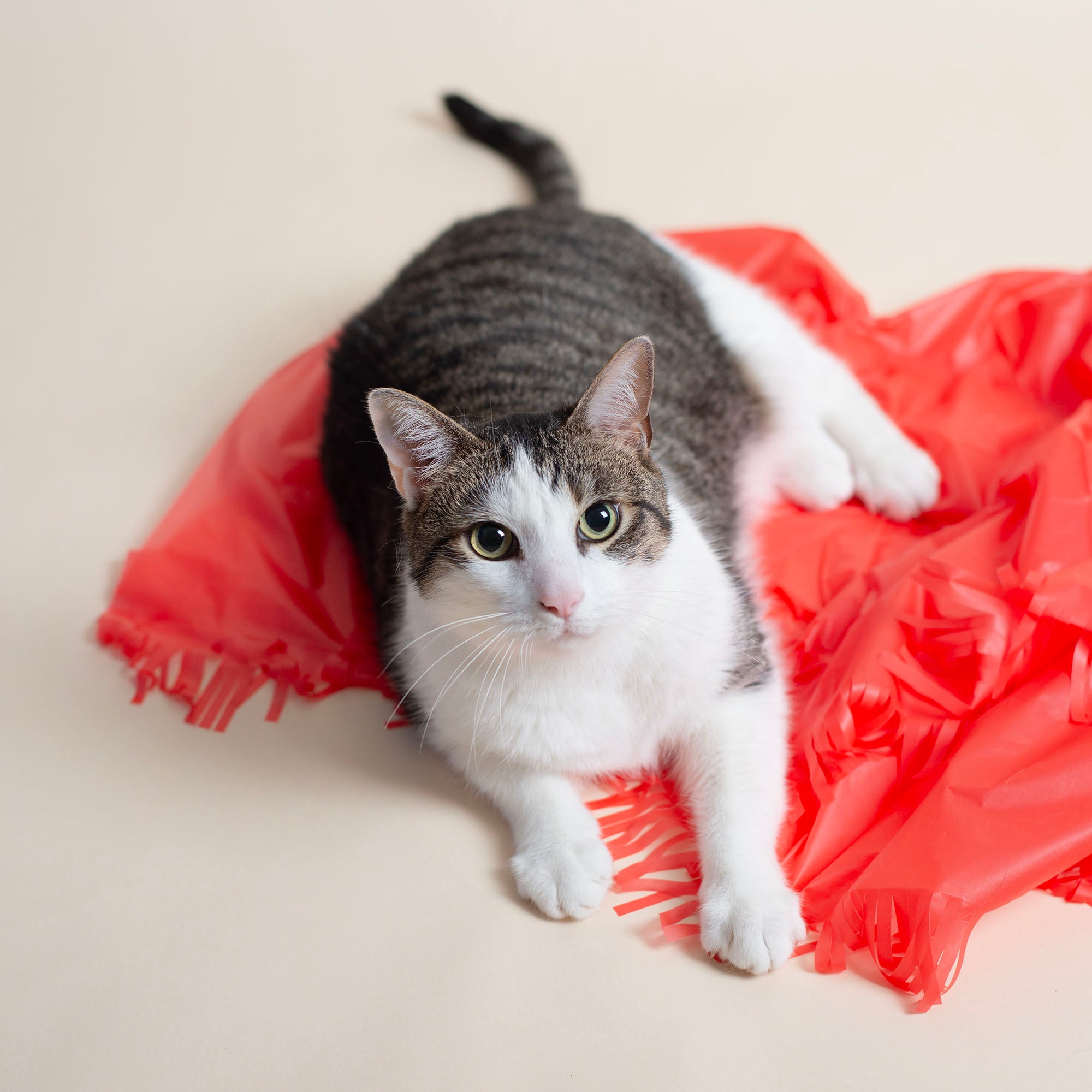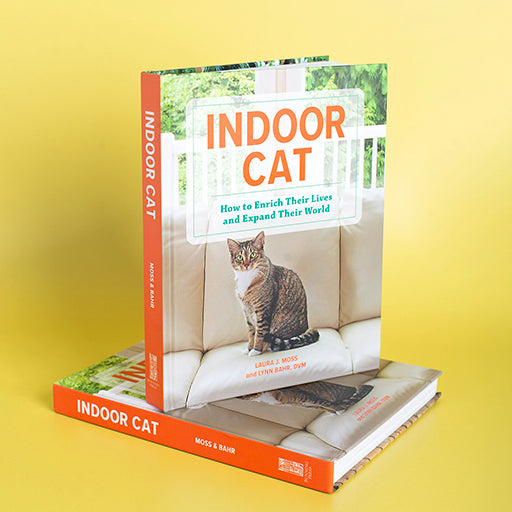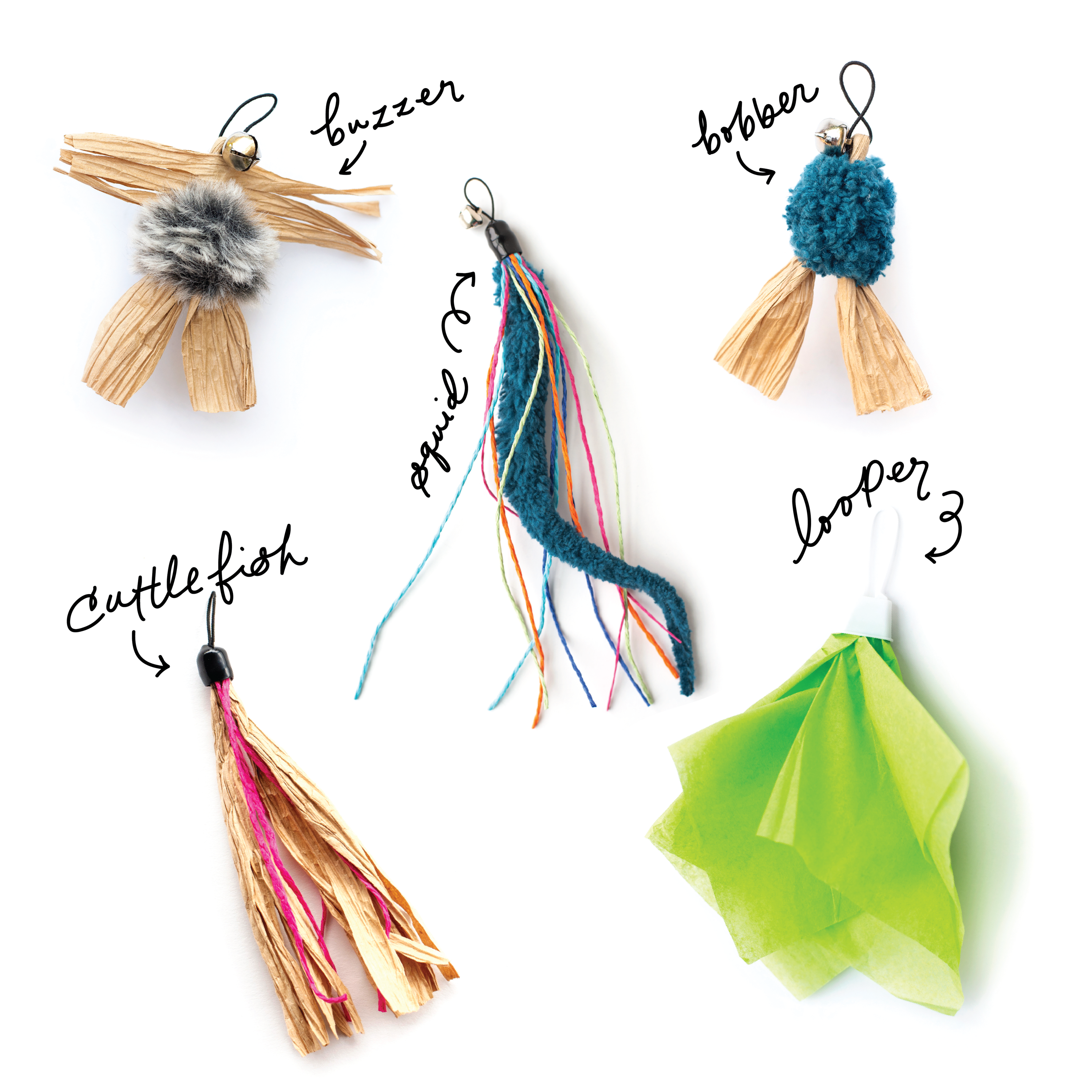5 ways to care for your senior cat

I don’t know about you, but I wish my cats could live forever. It seems unfair that we have so little time with our feline companions. But the good news is cats now live longer than ever — indoor cats live an average of 12-15 years, with the healthiest cats living beyond 20.
Just like with elderly humans, cats’ needs change as they age. They need to be monitored for certain health conditions and kept active. And once cats enter old age, their nutrition needs and home environment should be continually evaluated to ensure maximum comfort and health.
What is considered old age for a cat?
Cats over the age of 10 are considered seniors, with cats over 15 referred to as “geriatric.” However, these classifications will depend on your cat’s health history and activity level. Your vet is the best person to determine your cat’s life stage. They may make recommendations based on your cat’s specific needs, including diet and lifestyle changes, as they age.
To keep your cat feeling great long into her twilight years, you’ll need to adapt your home and care routine to your senior cat’s unique lifestyle. Here’s how.
1. Closely monitor your cat’s weight
Cats are experts at hiding discomfort, pain, and illness. The signs that something is wrong could be very minor behavioral changes that only the most vigilant of cat parents will notice. But a change in your cat’s weight is a sure sign something has changed.
And any unexplained weight loss is a sign of a potentially serious issue. Remember, a single pound can be 10% or more of your cat’s weight. So as she ages, keep careful records of her weight. You can buy an inexpensive baby scale to monitor weight changes at home or have your cat's weight checked regularly at your veterinarian's practice.
What is the ideal weight for a cat?
Adult cats weigh about 10 pounds on average, but your cat’s ideal weight will vary based on its breed and body type. Some cats weigh as little as 5 to 6 pounds, while others can weigh more than 15 and still be considered healthy.
Your vet will advise you on a healthy weight for your cat and help you determine the best diet to keep his weight consistent. But if your cat loses or gains weight unexpectedly, it’s time to make an appointment for a checkup.

2. Take your cat for regular vet check-ups
If you're already taking your cat for yearly checkups, you’ll simply want to increase the frequency to at least twice a year for a healthy senior cat, and more often if your cat has chronic health concerns like allergies or joint pain. At a minimum, your vet should see kitty once a year for a wellness check and anytime you notice sudden behavior or weight changes.
Your vet may recommend bloodwork to establish baseline measurements for key markers. This gives them something to measure against if you ever have concerns and can help your vet figure out what’s wrong even faster.
Don’t forget your cat’s teeth
In addition to their bodies, senior cats also need their teeth checked. Broken or decaying teeth can make it painful for your cat to chew kibble and can lead to other life-threatening diseases. If your cat will let you, inspect her teeth monthly. She should have pink gums and off-white teeth. If you notice sensitivity, tartar buildup, discoloration, or a foul odor, it’s time for a dental checkup.

3. Adapt your pet’s environment
Aging cats, just like aging humans and dogs, are prone to joint pain or a loss of mobility. In fact, 60% of cats over the age of six are affected by osteoarthritis. While your cat will adapt, but you can make it easier on him with some simple modifications around your home.
For cats who can’t jump as high as they used to, you can add simple mobility aids to help them get to their favorite perches. Most pet stores sell ramps or mini staircases you can place by your bed. And tiered cat trees or a series of shelves can help your cat get to any higher places that they enjoy
Senior cats may also have a hard time using the litter box, especially if they have limited mobility. You can help them out with a low-profile litter box and fine-grain litter.
Weight loss for overweight cats, elevating food and water bowls, soft bedding and warming blankets are other simple ways caretakers can help arthritic cats manager their discomfort.
4. Manage your cat’s pain with play
If your cat is showing signs of joint pain, your vet can help you with a treatment plan. But one way to help manage all kinds of aches and pains is play. Research has shown that cats who move and play experience less pain and have better mobility. The trick is to adapt play time to a senior lifestyle.
Simple adjustments often make a world of difference. For example, using a wand toy closer to the ground so your cat doesn’t have to jump as high can keep play fun while also limiting your cat’s chance of injury. If your cat runs out o steam easily, you can try shorter, more frequent play sessions. Or simply grab a pinch of silver vine to provide some scent enrichment. Your cat will love this powerful cat attractant and get the benefits of play without the stress on his joints.
Cat tunnels are also great for elderly cats because they make ideal hiding places for expressing hunting behaviors or for getting in a quick cat nap. Cats who get the chance to stalk, pounce, and chase prey-like toys get the benefits of mental stimulation and exercise – the easiest way to keep indoor cats healthy and happy, particularly as they age.

5. Help your aging cat with daily tasks
The older she gets, the more your best fur-iend may forget to groom, eat, or even drink as much as she should. As I stated earlier, you should always tell your vet if your cat’s eating or drinking habits change, but it’s not uncommon for cat’s to experience senility in their later years. It’s a bit like not remembering where you put your glasses, and for a cat, forgetfulness can lead to stress and eventually health issues.
If your cat starts meowing when you’re not immediately visible, or still loves to eat but doesn’t wake you up at her usual time, these could be signs of cognitive decline. Of course, this isn’t a hard and fast rule, but new, unusual behaviors are something to look for if you think your cat might be forgetting things. And it’s an easy fix.
Just set a reminder on your phone for feeding times and leave out plenty of water — preferably in multiple locations. You can also add canned or wet cat food to the menu. Cats in the wild get most of their hydration from their food, so it’s an easy way to make sure your kitty is getting enough indoors too.
For grooming, keep a comb or brush nearby. If your cat’s not a fan of being brushed, you can add brush-like textures to corners and furniture that will allow your kitty to rub on as she walks by.
Bonus tip: Open the windows!
Your cat is trapped inside with you 24/7/365. And if you’ve had the joy of being loved by him for more than 10 years, he deserves a change of scenery. This weekend, find the sunniest room in your house and throw open a window. Then let your cat know the outdoors is open for business. I bet you she’ll be basking in the golden afternoon in no time.

Share:
2 comments
-
Good article. Currently caring for our 20 year old cat, who has been living with a stomach tumor for 1.5 years. Grateful for her living this long and she gets excellent care including arthritis medicine Adequan injections every 2 weeks. But she has dropped weight from 11 pounds a few years ago to 5.5 pounds now. Vet says to give her comfort care as time is nearing to say goodbye. She still eats pretty well but tumor is sapping nutrition from her. Her companion male died 2 years ago at just over 18 years old, and he was an alpha male. She has been able to enjoy single cat attention these last 2 years. Definitely has dementia and meows when she appears lost. Her favorite things are treats, heating pad and the fireplace which she cuddles up against and scolds us when we turn it off.
Greg G on
-
Having been born into a family “with cat,” I’ve been with cats of all ages almost every day of my life; and I especially like the suggestion about setting up steps and other cat furniture to make it easier to climb. Silvervine (from Dezi & Roo!) is our favorite playtime treat, dispensed every CATurday morning. And our cat tunnel is enjoyed every Wednesday when the vacuum comes out! There are so many great tips here. Thank you for sharing them with us. My cats are 17 and 14, and so loved!
jmuhj on

